Uncategorized
-
 Astronomy
AstronomyA new algorithm finds nearby stars that could host hidden worlds
An algorithm dubbed “Netflix for exoplanets” identified more than 350 stars that, based on their chemistry, might have planets orbiting out of sight.
-
 Life
LifeDried Earth microbes could grow on Mars with just a little humidity
Showing that salt-loving bacteria can double their numbers after absorbing damp air has implications for life on other planets.
-
 Health & Medicine
Health & Medicine3-D mammograms are popular, but are they better than 2-D?
The use of digital breast tomosynthesis, a newer breast cancer screening technology with limited evidence, has risen in recent years.
-
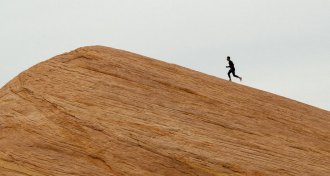 Microbes
MicrobesGut microbes might help elite athletes boost their physical performance
Veillonella bacteria increased in some runners’ guts after a marathon, and may make a compound that might boost endurance, a mouse study suggests.
-
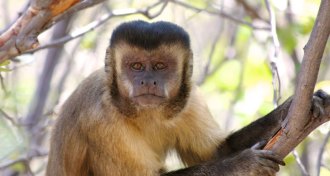 Archaeology
ArchaeologyCapuchin monkeys’ stone-tool use has evolved over 3,000 years
A Brazilian archaeological site reveals capuchins’ long history of practical alterations to pounding implements, researchers say.
By Bruce Bower -
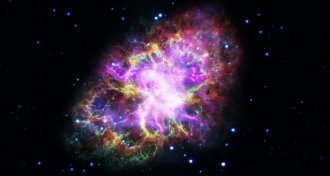 Astronomy
AstronomyThe highest-energy photons ever seen hail from the Crab Nebula
An experiment in Tibet spotted photons with over 100 trillion electron volts of energy.
-
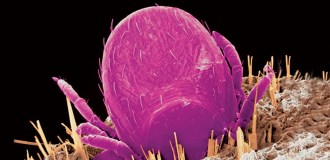 Health & Medicine
Health & MedicineNew approaches may help solve the Lyme disease diagnosis dilemma
Lyme disease is hard to detect, but scientists are investigating new diagnostic approaches.
By Laura Beil -
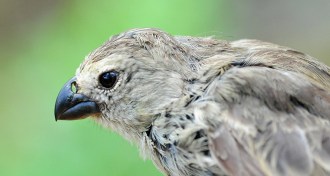 Animals
AnimalsParasites ruin some finches’ songs by chewing through the birds’ beaks
Parasitic fly larvae damage the beaks of Galápagos finches, changing their mating songs and possibly causing females to pick males of a different species.
-
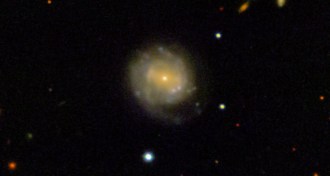 Astronomy
AstronomyThe cosmic ‘Cow’ may be a strange supernova
New observations suggest the strange bright burst called the ‘Cow’ was a supernova, rather than a shredded star.
-
 Tech
TechHow NASA’s portable atomic clock could revolutionize space travel
An atomic clock designed to enable self-driving spaceships and GPS-like navigation on other planets is about to take a yearlong test flight.
-
 Science & Society
Science & SocietyLost wallets are more likely to be returned if they hold cash
Worldwide, return rates of lost wallets goes up as the money inside increases, contradicting the idea that people act in their own self-interest.
By Sujata Gupta -
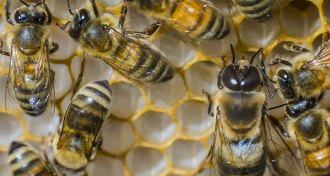 Animals
AnimalsU.S. honeybees had the worst winter die-off in more than a decade
Colonies suffered from parasitic, disease-spreading Varroa mites. Floods and fire didn’t help.
By Susan Milius